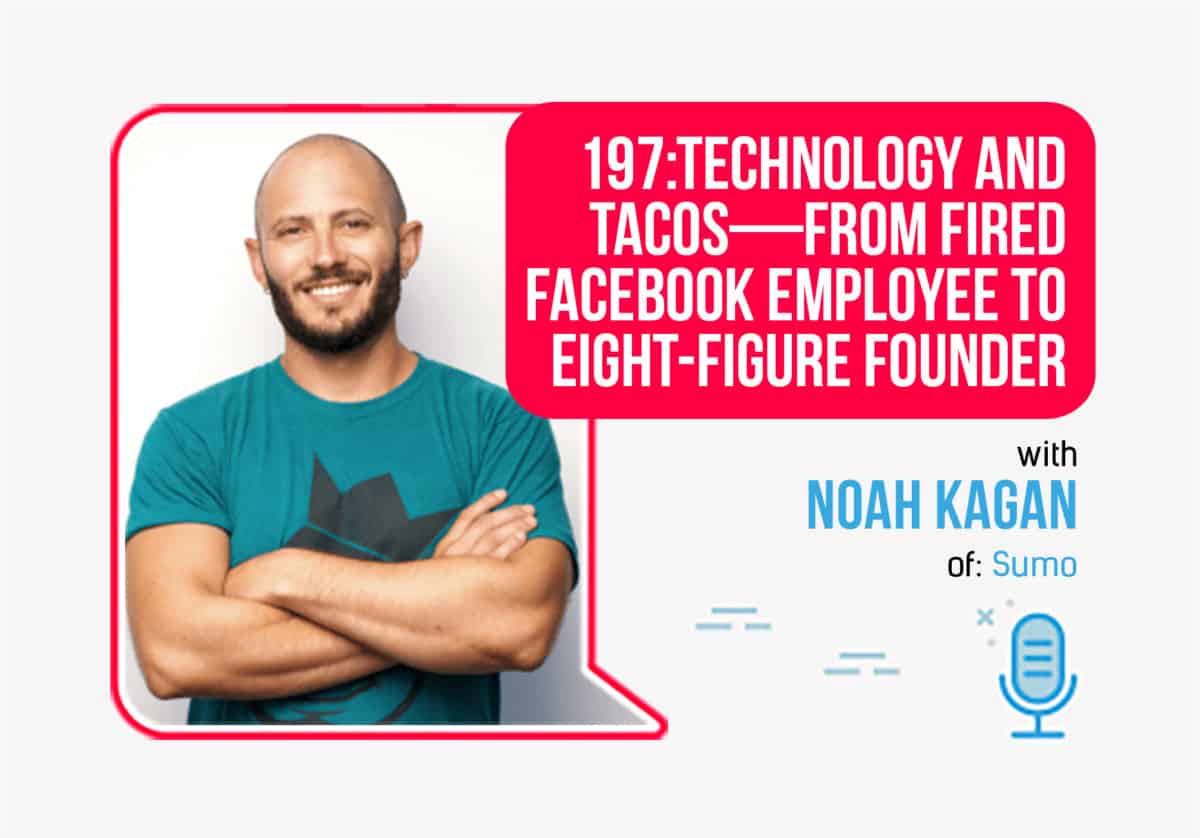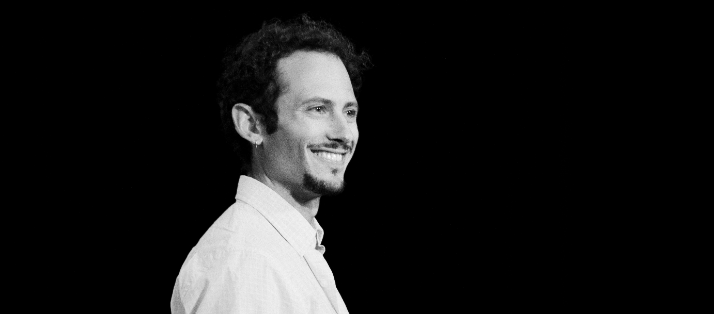

And I got inspiration from a lot of areas. So then, I switched over to more of an ecommerce idea. As part of that, I realized that building a social site, a social network, or anything that didn’t have transaction revenues was going to be really tough. We scaled that up to tens of thousands of users, but it was almost impossible to monetize until we got to millions and millions of users. You can imagine it was kind of controversial from a privacy standpoint. And then that process, to tell you about the idea quickly, it was a feed of all the sites that you and your friends visited on the web. Prior to StackCommerce, I had actually started another company that was around social discovery. What was your process for finding your business idea? This wasn’t one that just hit you out of nowhere. Before you built this business, you were in business development at Yahoo, and you were looking for a startup idea.
#Noah kagan macjournal free#
We give away a lot of free digital products.Īndrew: Gotcha.

They might sign up for a sweepstakes, they might sign up for a freebie. Now, just about 2 months later, we’re at 1.25 million.Īndrew: When does a person become a registered user? To give a sense of user growth, it took us about 35 months to get to 900,000 registered users on the site. Even since the pre-interview, you guys have grown. Is that a run rate, or is that revenue already this year?Īndrew: Whoa. Josh: I can’t go into exact details, but we’re well into the eight figures.Īndrew: Eight figures. Let’s give them a taste of where you are today. We’re going to get to the whole story of how you overcame it. They want us to do that for them.Īndrew: I’ll tell the audience later on about an email that I found in my inbox from back in the days that you were struggling. You have a right of first refusal as a publisher, to say, “Hey, I don’t want these products on our site.” But what we’ve found is that in reality people don’t want to take the time to pick those products. We source the products for you, and then we get exclusive deals on them and then bring them back to you. We typically are the ones that go out and find the products. Publishers have this thought that they want to pick the products, but in reality it’s more about a conversation about who your audience is, their demographic, their interests. Josh: That’s something that we found very early on. Josh: It all depends on your audience, but yeah.Īndrew: I get to pick the products that I sell to my audience? Īndrew: If I was actually one of your partners, instead of talking about Andrew’s Welcome Gate, I might be promoting a different product. If you have a problem where people are coming to your site but they’re not sticking around, they’re not giving you their email address, they’re not allowing you to build a relationship with them, this is going to give them the opportunity to do it. I want to give it to you as a template that you can use on your site.

I basically have a page on my site that when people land on it, it clearly explains what my site’s about, clearly explains what people are about to get, and it asks anyone who’s on the site to give me their email address in order to get more access. This interview is sponsored by a page I created,. If you want an example, you can check out. The company helps publishers monetize their sites by selling products that are relevant to those sites’ readers. Josh Payne is the founder of StackCommerce. I invited him here to talk about how he did it. Well, the company behind those deals was founded by a Mixergy fan. Or speakers for a fifth the price that you could buy them ordinarily on Amazon. From time to time, they also have a post about a deal, like a drone for under $100 that you can just buy and use around the house or around the neighborhood.

One of my favorite blogs, for example, does posts about iOS updates, about the new Yosemite this and this and that. One of the things that I noticed is that there are content sites that I read that are making money not by running banner ads, but by running deals. Real entrepreneurs who are looking for real ideas, real lessons, real direction, because they’re building real companies and this is critical for them. I have an audience of not dabblers, not want-repreneurs, just lookie-loos. I’m the founder of, home of the ambitious upstart and the place where over a thousand entrepreneurs have come to talk about how they came up with the ideas for their businesses, how they built them, and to be confronted with some of my challenging questions.


 0 kommentar(er)
0 kommentar(er)
